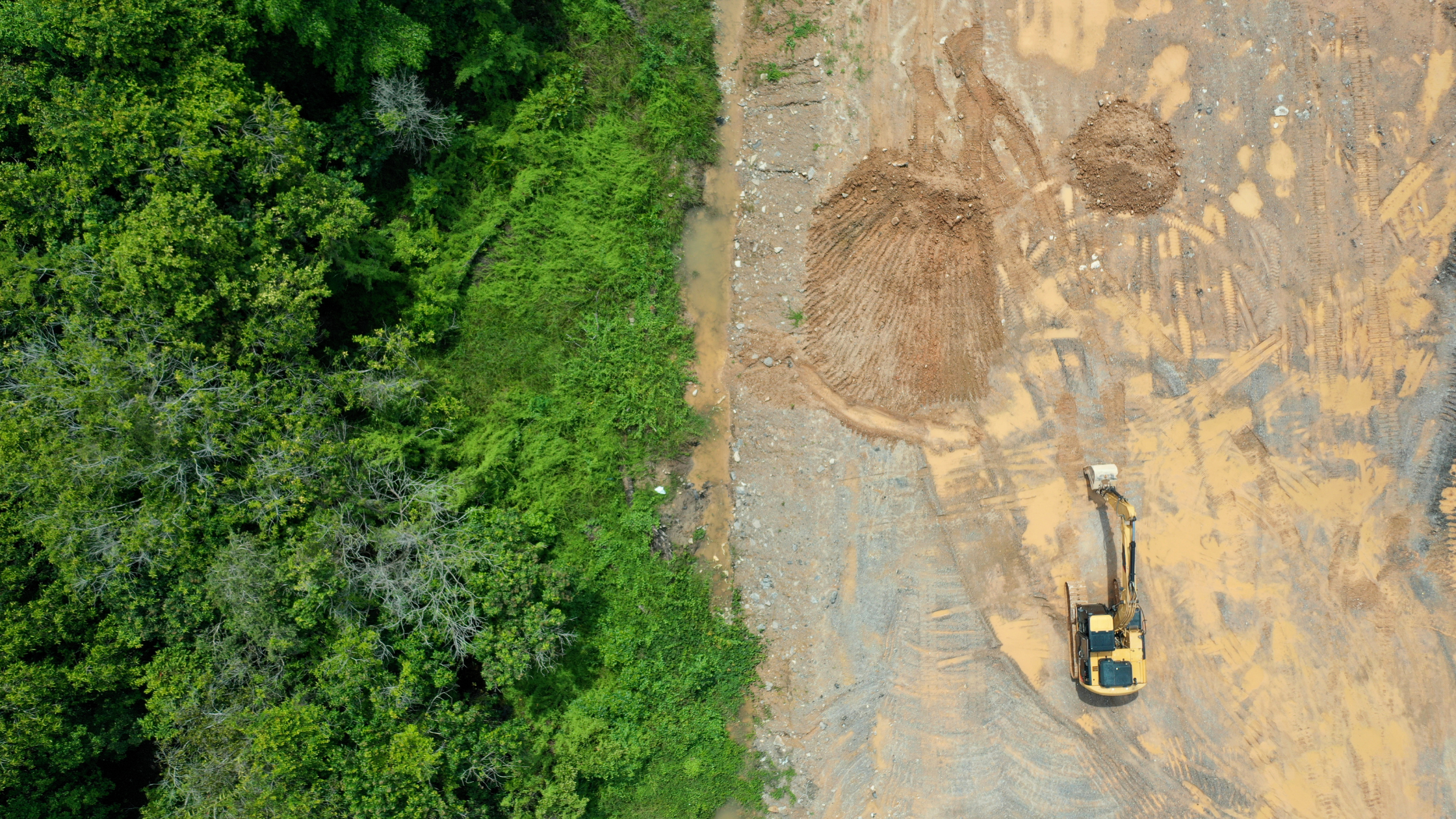
UK imported goods responsible for deforested area twice the size of Paris: study
What’s happening? Despite government promises to end the import of goods linked to deforestation, the UK continues to import beef, soy, and palm oil products associated with deforestation. Campaigners criticise the Department for Environment, Food and Rural Affairs (Defra) for failing to implement measures to curb these imports, despite the Environment Act 2021 banning the use of commodities produced on illegally deforested land. An investigation found that the UK is importing seven commodities connected to deforestation, including palm oil, soy, and cattle products, leading to an estimated 20,400 hectares of deforestation. Campaigners argue that the UK’s approach is weaker than the EU’s and urge the government to align with EU regulations to combat forest destruction. (The Guardian)
Why does this matter? Although the Environment Act legislation was introduced more than two years ago, the law has not yet been passed as Defra has failed to publish a list of commodities that will be covered by the regime. As a result, since 2021, the UK has been linked to deforestation equivalent to an area twice the size of Paris, according to research produced by Global Witness and Trase.
Until Defra publishes the list of commodities, those grown on illegally deforested land can continue to be distributed in the UK, perpetuating a practice that contributes towards climate change and biodiversity loss in the world’s most biodiverse regions. However, a Defra spokesperson publicly responded to the research claiming the body will be “setting out our next steps imminently”. It is therefore likely the legislation will come into force in the short- to medium-term, posing a risk to commodities and supply chains utilising such land.
Biodiversity decline – Despite covering less than 10% of the world’s surface, tropical rainforests are home to two-thirds of the planet’s species. Habitat loss, alongside pollution, climate change, invasive species and disease, is driving an unprecedented decline in wildlife populations. According to the 2022 WWF Living Planet Report, wildlife has declined by 69% since 1970.
Biodiversity decline is concerning scientists, posing a threat to all aspects of society. Following a business-as-usual approach, 56 million hectares of wilderness will be lost by 2030 in 26 countries. This, according to research by the World Economic Forum (WEF), will cause a “tipping point” in tropical regions, resulting in the loss of wild pollination and supplies of timber. The WEF forecasts this will cost 26 countries $53bn a year, causing 13 countries to go bankrupt. On the other hand, a separate study by the WEF predicts that by switching to nature-positive economic models, 400 million jobs and over $10tn in annual business value will be added by 2030.
Legislative change – The EU, the largest single market on Earth, has taken steps to reduce the sale of products linked to deforestation across various legislation including the European Green Deal, the EU Biodiversity Strategy for 2030 and the Farm to Fork Strategy. This empowers consumers, who may have previously contributed to deforestation unwittingly. The legislation covers the following commodities: cattle, cocoa, coffee, palm oil, soya and wood, including products that contain, have been fed with or have been made using these commodities (such as leather, chocolate and furniture). Suppliers will have to complete due diligence that ensures products have not originated from deforested land or contributed to forest degradation. Further, products must provide proof of compliance with legislation in the origin country, including human rights and the rights of affected indigenous communities.


